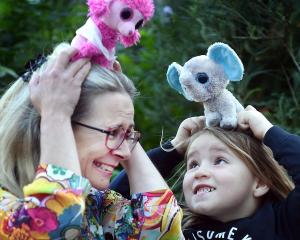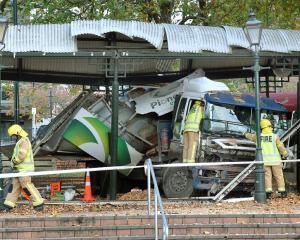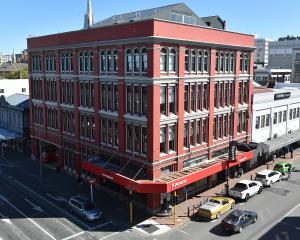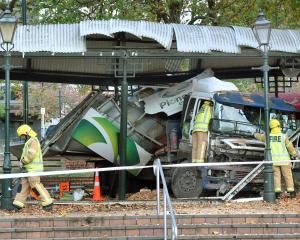A bronze statue of Dunedin-born pioneering plastic surgeon Sir Archibald McIndoe was unveiled in England yesterday.
Sir Archibald was renowned for his work rehabilitating badly burned aircrew and other servicemen in World War 2.
He founded the Guinea Pig Club for his patients who had reconstructive plastic surgery.
The club started as a drinking group with 39 patients and grew by the end of the war to 649, and included Canadians, Australians, New Zealanders, Americans, French, Russians, Czechs and Poles.
Sculptor Martin Jennings, of Oxford, said his tank commander father Michael was badly burned when a shell hit his tank in 1944.
He was treated by Sir Archibald in East Grinstead.
''Many of the patients treated by McIndoe and his team had terrible injuries to their hands,'' Mr Jennings said.
''After his wartime burns, my own father's fingers were closed against his palms for the remainder of his life.''
The sculptor had his father's hands in mind when he modelled the patient's hands in the statue.
Princess Anne unveiled the statue outside Sackville College, in East Grinstead.
Sir Archibald was born in Dunedin in 1900, studied medicine at the University of Otago and died in 1960.
Blond McIndoe Research Foundation chief executive Jacquie Pinney said he was a ''brilliant'' surgeon.
He developed new techniques and recognised the importance of rehabilitation of the casualties - particularly social reintegration - back into normal life.
''Sir Archibald lived and worked in East Grinstead from 1939 until his death, and saved and improved many people's lives,'' Ms Pinney said.
''It is fitting to have this memorial to him.''












